|
... and the amazing MARBLE GAME to use on this topic or any other Want a quicker read? Scroll down for a numbered list of 12 ways to think about time that feel better. If there’s any detrimental belief that A LOT of people from all walks of life share, at least in American culture and I daresay in most places around the globe, it’s that there’s not enough time. We have more to do that we have time to do it in. Does that even sound right? Is that even possible? And yet people walk around believing it. Please take a moment to notice the toll this takes on you. It’s going to do something that’s counter to total well-being. Any of this sound familiar?
And more. Any awareness hitting right about now about how absurd it is to give yourself this ongoing experience that’s based on an illusion? IT’S NOT REAL. But the effects of believing it are very real, and they impede so much:
And more. Abraham-Hicks has a clarifying and focusing process they call the marble game. It’s really simple and it’s really worth trying. Marbles are your thoughts and beliefs. All the thoughts and beliefs you’ve ever had. We have a lot of those, so in the marble game, you determine which ones you want ACTIVE in this situation. Which beliefs do you want to run the show? For example, you may have three marbles that say
You may have three other marbles that say
Which marbles would you like to have active as you look for a job or start the process of buying a house? Notice you’re likely to feel bad about yourself and ill-equipped for what’s next if you have the first three active; you’ll feel torn and vacillate between mindsets and the matching emotional states if you have all six active; you’ll feel empowered and curious about what’s possible with the last three active. So anytime in life that you notice you’re leading with a bad marble or you have a seriously active marble that’s not where you want to stand—like, There’s not enough time for all I need to get done—then play the marble game to consciously choose 12 marbles you want active. I did that on that very topic one morning recently. (See my activated, chosen marbles #1-12 below the illustration.) Use the right margin to lay out the problem. Draw a circle of 12 marbles (same positions as for numbers on the clock). In the middle of those, draw 2 circles. The first inner circle will contain the succinct version of the problem already written out in the margin: Not enough time for all tasks. Go ahead and put that in before you fill in beliefs next to each marble. Here, you could also just write a one-word statement of how you’re feeling about that margin problem (discouraged, depleted, angry). Write your 12 statements of more positive, empowering, helpful beliefs you already have (or ones you don’t have to reach too far to get to), the ones you do want to stand in and create from. These go next to the marbles where my squiggly lines are in the illustration. The second inner circle, you’ll fill in at the very end, when the writing out of 12 marbles you want activated brings you to a new mindset: Tasks & time coexist perfectly. (If you chose to write a single feeling word here as described above, then your new words might be brave, energized, accepting.) Here are the 12 marbles (things I actually believe, or that aren’t too far out of reach, and that I want to have as my ACTIVE beliefs) that got me from "Not enough time for all tasks" to "Tasks & time coexist perfectly."
I invite you to play with Abraham’s marble game to consciously activate the beliefs you want to live out of—or carry into just one situation that’s coming up. Love & blessings, Jaya
0 Comments
An easy way to make this concept concrete, applicable to self & others 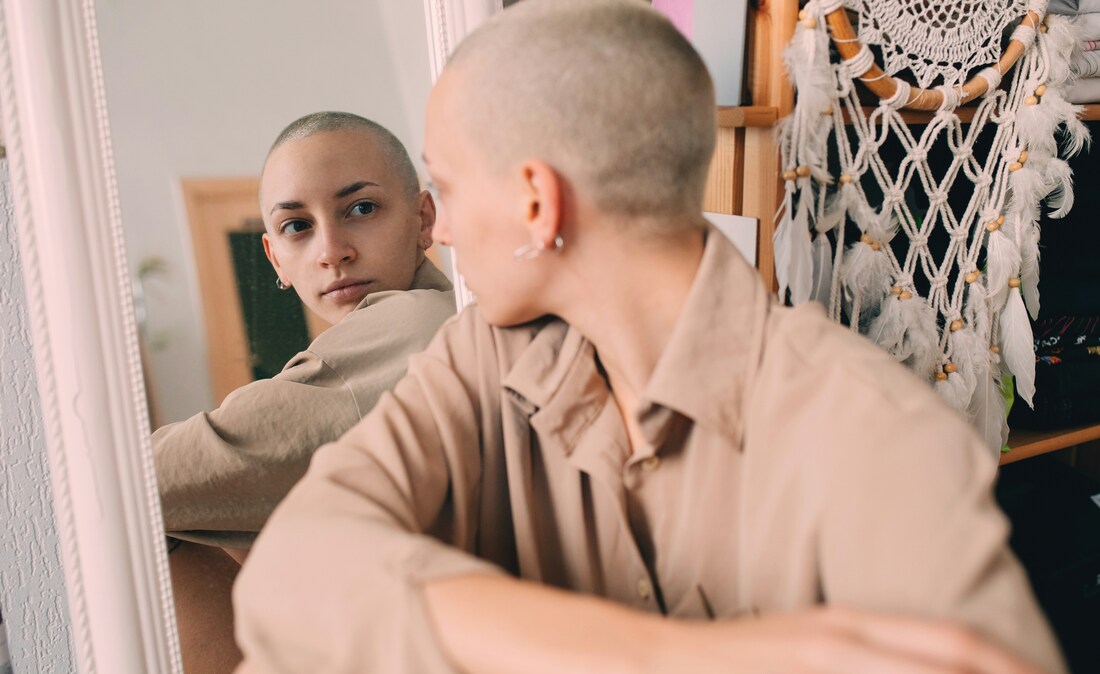 Photo of a person with razor-short hair gazing into in a mirror from getty images on Unsplash Photo of a person with razor-short hair gazing into in a mirror from getty images on Unsplash Consider first what unconditional love could look like directed toward the self. Below, I offer a list that contains two components followed down the line. We begin with a) a possible thing that makes you feel good about yourself and automatically creates a sense of self-love, followed each time by b) the flip side of that, which you generally don’t want and feel bad about—the stuff that stirs up self-disapproval and that sense of being wrong, unworthy, not good enough. Which can lead to all manner of what is not self-love, from walking around feeling subtly off and not quite up to par (without even verbalizing it, but it still feels bad, and it’s unfair to yourself) all the way to pure self-loathing and vicious self-talk (which feels rotten). What if you FULLY, equally, loved yourself in both the wanted & the unwanted aspects of your behavior? Of how you feel? Of how others see you? That’s unconditional self-love. Make it about others, and you’ve got unconditional love as directed to others. Want to love unconditionally? Notice the conditions that get the inner or outer critic in motion. INTERRUPT THE CRITIC. Drop into love for what’s here right now, the good, the bad, the ugly. Consider whether you might at least try saying (writing!) that you love yourself on each end of any spectrum, and all the way across. I love myself when I feel great & strong in my body. I love myself when something hurts or feels tender, off, painful, fragile. I love myself when I’m strong & stable. I love myself when I’m wobbly. I love myself when I’m kind to [my mom] & soothe irritation that arises without expressing it. I love myself when I notice I’m being critical, unkind, mentioning what doesn’t need to be mentioned. I love myself when I’m inappropriately instructing & suggesting. I love myself when I feel the love & joy flowing effortlessly. I love myself when I’m not in the vicinity. I love myself when I show up to do processes (like inquiry, focus wheels, EFT), getting out ahead of old negative thought patterns before they can build momentum or wreak havoc. I love myself when I reach for those processes after I’ve reacted or thrown myself off in some way or even after I’ve gone wayyyy down the rabbit hole and must walk myself through the whole climb back to ground zero. I love myself when I’m happy & appreciating others & all of life.
I love myself when I’m sad & full of discontent. I love myself when people hold up beautiful mirrors telling me I’m great, brilliant, talented, loving. I love myself when someone looks at me funny or declares everything they think is wrong with me. I love myself when I pause and choose a kind, calm, clear response. I love myself when I’m reactive or triggered and don’t even know I’m puking on someone till the mess has already dropped. I love myself when I [do qigong] and grow the practice. I love myself when I skip it. I love myself when I’m [do qigong] in presence, consciously growing my relationship to presence. I love myself when I phone it in, just do it to get it done, call it good enough. I love myself when I just simply and easily say what’s true for me. I love myself when words get stuck in my throat or I tiptoe around the issue. Hey, to be clear, the idea isn’t to condone or excuse what feels off to you. It’s to love what’s actually there, reject no part of yourself. In fact, when you’re loving yourself in any current condition, you’ll be much more able to swiftly course-correct. You’ll feel what’s off and head toward alignment fast. Getting out judgments and filling the space with love makes thing clear and more spacious. There’s room to shift. Maybe you can see that better with others, and it’s just as true for yourself. I invite you to make your own list. You could approach it from either direction: instead of what I did above, you could start with a statement of loving the least-preferred part (especially if it’s present here & now) and go from there to the stuff that easily feels good). You could also sit down on a day you notice you’re carrying around a critical play-by-play narration of yourself or another or your day, job, whatever, and write out both parts. Get yourself squarely situated in the acceptance that you’re not your idealized self, and you don’t need to be. Love yourself (or another) in writing, and you’ll be able to love yourself (or another) in talk, in actions, in the day-to-day now-now-now of it. It’s always helpful to write your thoughts down on paper so you can see what they’re up to and write out what you prefer to think to support really taking it in. Writing helps with focusing. Focus yourself into unconditional love. Love & blessings, Jaya would you like to get behind that, for real? Start with believing you’re worthy of thriving. Your worthiness is not earned. You’re here, so you’re worthy to be here. Human beings can thrive, so as a human being, you’re worthy of thriving. You have this one brief life in this form, so what if you kept testing your worthiness to thrive, instead of collecting evidence you haven’t thrived, you’re not thriving, and you probably won’t thrive. Please interrupt that useless waste of your time and energy. Let go completely of whether others are thriving or not. If part of your mission is to support other individuals or groups to thrive, you will do that, you can’t NOT do that, and you will do it best when you’re thriving. Abraham-Hicks points out that you can’t get sick enough to help others be well, you can’t get poor enough to help others have more wealth. So how 'bout you thrive as much as you can and from there … the best of what you’ve got (which, BONUS, will keep evolving as you keep thriving) can bolster others to thrive. Interrupt all comparisons to others. They’re neither here nor there—just a royal distraction that keeps you from walking yourself toward what you want to be, do, and have. All comparisons among human beings are apple-and-orange comparisons. Seriously, what does it matter what or how anyone else is or isn’t doing? What matters is what you’ve got, what wants to come through you, what you’re passionate about, where you trip yourself up, what you’d like to try next, what you can do right now to meet yourself kindly and walk yourself toward thriving. Go ahead and make this all about you—because ultimately, you’re in charge of your own journey and your own thriving on that journey, and this has nothing to do with anyone else. Catch any whiff of punitive mentality toward yourself and keep releasing it. If you’ve done something that feels off to you or that makes you disapprove of yourself or feel shame or go into self-castigation—pause with that. Be still with that. Breathe it. Let the part of you that still thinks it deserves to be punished come forth. Be with that one. Love them as they are. Love your own humanity. Love that you’re on a journey. Appreciate anything that makes you let go of idealized self-image, self-righteousness, or foolish thoughts that you should be beyond this. I sat with someone recently who was being very hard on themself for something they’d done that violated their own ethic and shattered their sense of well-being and worthiness. I heard myself say, Well, unless you want to walk yourself now to some special little corner in hell that’s been rightfully reserved just for you, you could consider this too—and literally everything that unfolds in your life (even your missteps)--as your next opportunity to heal and evolve. Your best and worst moments, and everything in between (especially if you’re not making identity of them) can all be part of the natural evolutionary thrust toward thriving. I believe that life wants to support you to thrive, constantly. Would you like to play with believing that? You do already? Cool, now what if you found the topic or realm of life that you keep excluding from that concept—because you tell yourself that here, in this special case, you really don’t deserve …? Releasing identity will support you to thrive. Who are you anyway? What if you’re not the one who fucked up? Just like you’re not the one who’s right or who shouldn’t be talked to this way or the one who created that brilliant art or said those wise words or anything else. Practice being nobody more often. (Hint: play with presence outside of thought. What is revealed to you right now by your five senses, and the grounded sense of being in a body, and the felt sense of your own breathing in this moment? Not much room in there to tell a lot of story and craft much image or make much identity. And not much room to keep yourself from thriving, either.) I recently got thrown off by something that passed between me and another human beings. After a number of clarifying and clearing processes, it’s dissolving and releasing. It was one of those episodes that hit with a wallop, so every once in a while the ego-mind will grab it again and start to present a case for how mad I should be and what they violated and blah-blah-blah. It would go on ad nauseam, but I interrupt it. Lately I’ve been able to just look at it and say, This isn’t even real! And this has nothing to do with who I (really) am and who they (really) are. This doesn’t need my attention. And giving it my attention does not promote my thriving. (To be clear, I gave it the attention of processes when that was needed, and will again as and if the need arises.) We think we’d thrive better if they didn’t do this or hadn’t done that, or if they did do XYZ. Nope, it’s all in our own hands—how we choose to make our interpretations, what we hold on to and release, what we choose to give our focus to. Want to give more focus to what makes you thrive, and to thriving itself? Have more fun. Feel good more often. Laugh more. Focus on what’s fun, what’s easy, what feels good, what you’re proud of, what makes you laugh, what brings pleasure. Cultivate all of this. Make it a project. Oh wait—was the whole start of this paragraph in a recent mailing (on being your own best ally), exactly in those words? Um, yeah. Because that, my friend, is how we believe we’re thriving, want to thrive, practice thriving, get used to thriving, and call forth more thriving. Love & blessings, Jaya don’t say it’s not working, don’t give up on yourself Sometimes someone tells me they were having a hard time with something, and nothing they did worked. Or they speak more generally about stuff they try and … it doesn’t work. And if you were ever the one to say that to me or if you’ve witnessed me talking to someone in a group who said that, you know this is when I hit the pause button. So I’m going to tell on myself here and then lay out what we really mean when we say it’s not working and then offer something bolstering and supportive and kind. Here goes. I bumped into something rough in the past week in the form of someone I love and respect speaking to me in a way that I don’t typically receive from anyone these days. And it THREW ME OFF. The ego-mind would not shut up about it. (I love not to identify with the mind. The thoughts were thinking me, as Byron Katie says.) The whole thing took much longer for me to move along than usual. I want to tell you about this and invite you not to give up on yourself, and to keep reaching for the right tool in the moment, and to keep tossing out any thoughts that you should be beyond this, and just do your work and soothe yourself and take care of yourself until you’re back in alignment. Because you will come back to alignment. Nothing in the Universe cares a bit how long it takes or how many processes. Your job is to not give up on yourself. Keep interrupting the preposterous (defensive, counter-attacking, victimized, offended, self-righteous, other-correcting) thoughts. Reach for the right tool in the moment and keep reaching. And do not say It’s not working. Here’s what I did right, which I tell you in the spirit of inviting you to stop putting the focus on what you’re doing wrong or even worrying about whether you might be doing it wrong or exhausting yourself with the belief you need to figure it all out.
I did NOT believe that these things weren’t working. I definitely noticed that this wasn’t moving along as fast as usual. I reminded myself that this meant an old wound had been reactivated and that this was a chance to heal it. And I believed it, even though that didn’t stop the mind or make me feel better. (The kind mind really can bring the heart along, even if the heart isn’t there yet right now. So I plugged away, calling in the kind mind.) If you believe It’s not working, that usually means things like this:
So this is what I want to tell you. You’re fine. You’re doing fine. You’re enough. You’re doing enough. The revelation wants to come. This is only happening for your healing and evolution. It’s really okay. It’s okay if this takes awhile. The timeline isn’t your business. What is your business?
You’re either going with your negative (stressful, painful) thoughts or you’re interrupting them and reaching for something else (see my first bullet list above). You’re either going further down the rabbit hole or you’re heading out. Got something big, bad, deep, and ugly going on? No problem. You’re equipped. Keep scooching. Don’t give up on yourself. DO NOT SAY IT’S NOT WORKING. Or hear yourself and say something else. Like:
Love & blessings, Jaya … and be kind (and ACTUALLY helpful) to your entire self Warning. This is an invitation to self-love. I promise not to get weird about it. I’ll make it actionable and invite you to keep it up. Now & now & now. Sometimes someone I’m working with tells me they don’t know how to get through some specific moment and actually apply the things we talk about. I then typically give them a few simple reminders. I invite them to simplify things. Just remembering a few simple things, you can learn to walk yourself through KINDLY. As in, ACTUALLY, be your own best ally and make yourself feel better instead of worse. That’s a great start right there. To simply value feeling good so much that you’re committed to catching yourself feeling bad, interrupting it, and quickly pivoting to walk yourself toward feeling better. That’s already HUGE. I love to remind folks to BRING IT TO NOW. The now part is crucial. Don’t try to figure out how to fix everything or fix something in some done-with-it-once-and-for-all forever sort of way. That dip into everything and forevermore is overwhelming and feels bad. (It also puts you in the Universe’s business, which you’re not qualified to manage.) Don’t do a quick, warped scan backward over the past. You might mistakenly grab the lens that makes it look like you’ve never gotten it right and it’s not getting any better. (And, yup, you’ll be in the Universe’s business again.) Just RIGHT NOW. What would feel kinder, truer, better now? Do that. And keep doing that. Now and now and now and now. Do not ALLOW yourself to sink down into the worst of what you’re able to believe about yourself. If you stop walking yourself kindly toward what feels better, that probably means you’re using a bunch of NOW moments to accept being mean to yourself. And just to accept feeling bad (which is not that nice). I’d like you to HABITUATE to walking yourself through as if you were aware of your younger selves that need and deserve to be gently guided along. That, my friend, is self-love in action. At some point in my growth journey, when I was having some obvious successes and actually feeling better a lot of the time, and I was ALSO feeling bad or impatient about what I wanted to manage better or have success with faster, I started thinking in terms of NOW much more.
Right now, am how am I walking myself through? Right now, how am I talking to myself about what's happening? Right now, am I making myself feel worse or better? 3 directions to focus how you walk yourself through Here’s a great clue about what to do for yourself, your entire self, in any NOW moment you realize things aren’t feeling good. Know and remind yourself that you’re a 3-centered being. That is, you have
They all three need tending kindly. And they all three have wisdom and guidance for you (that comes in NOW, in the actual moment you need it). And if you’re stuck in one center, either tend it, or GET OUT. Reach for one or both of the others. Body tending Ask yourself, Right now, am I even in my body? Am I taking in that my body is tense, contracted, agitated, overrun with adrenaline [whatever it may be]? Am I moving nervously or frenetically, or am I going frozen or stagnant and need to rev things up? Your body wants you to tend that, soothe it, calm your nervous system. There’s also simple stuff like HYDRATE. EAT GOOD FOOD. Back to body basics: ground; connect to the felt sense of the breath (and stay with that a while, even as you go about your business); connect to the five senses (or however many you’ve got). Do something that feels good physically: Move, dance, exercise, stretch, do yoga or qigong, walk. Take a bath, take a nap, take yourself to a natural setting where your senses will be filled with life-giving, soul-soothing stuff. Take an action: The realm of the body is also the realm of action. Is there one thing I could do right now that would feel good to do? That would make me feel good about tending any corner of my world? That would move something forward and potentially start some momentum toward what I actually want to be, do, have? Find your point of least resistance and do one thing. Heart tending Right now, as I notice I feel bad emotionally (frustrated, angry, sad, discouraged, scared, disappointed), am I making room for it and soothing it, or am I judging it or evaluating how I’m doing or telling myself what I should be feeling itself? Heart tending isn’t about thoughts, so stop analyzing or evaluating or explaining your emotions. Maybe stop talking (to yourself or others) about them. FEEL THEM. If you must bring the head in, then notice whether you keep going from one thought to the next to keep matching and probably revving up what feels bad. And could you instead tell yourself kind things that are likely to make you feel better? The heart wants you to ground yourself (see body tending above), feel the feeling in the body, breathe it (make room for it with the breath), allow it. Just let it be, let it have its life, and give it 2 things:
How simple is that? That’s it folks. Your heart space, when in pain or discomfort of any kind, wants those two things. Review them: awareness & breath, awareness & breath, awareness & breath. Head tending Right now, am I believing and carrying on with thoughts that feel bad or interrupting them? As you notice that thoughts are making you feel bad, consider some version of this: maybe they don’t match what your Inner Being knows to be true; or they don’t match the way Source gazes upon you; or they represent an assessment that isn’t useful and isn’t coming from the part of you that’s seeking to believe in yourself and step consciously toward your full potential, or the best you’ve got right now, or the truth of who you are. You can simply reach for better-feeling thoughts. Just tell yourself or write down one thing after another that makes you feel better instead of worse. Go general at first (I don’t have to figure this out right now, I’m okay and my needs are met, I’ve gotten through worse before and other human beings have too). And go from there. You can do a focus wheel. (I just did one this morning when I noticed I felt bad about something and wanted to clear that up before I moved anything else forward!) You can do some inquiry (including a short-cut version of processing unhelpful thoughts). You can check out whose business you’re in and then look for what your actual business is here (where you have agency and what’s yours to manage). (Hint, it’s always your business to soothe yourself and to shift your state if you don’t like the state you’re in—or, to keep it simple, if you don’t like how you feel.) Bring it to now, and walk yourself (all the parts of you, body, heart, and head) toward what feels better right now. My intention for myself and my ongoing practice are to keep going deeper with this, keep getting more subtle. I invite you to it. You are worth your own kind, gentle, patient walking-yourself-through. You are worth feeling good much more of the time. You are worth interrupting quickly what doesn’t feel good and responding kindly to what feels bad. Take care of yourself, body, heart, and head. Walk yourself through, lovingly. Then you can truly feel good much more of the time. Love & blessings, Jaya |
Categories
All
|

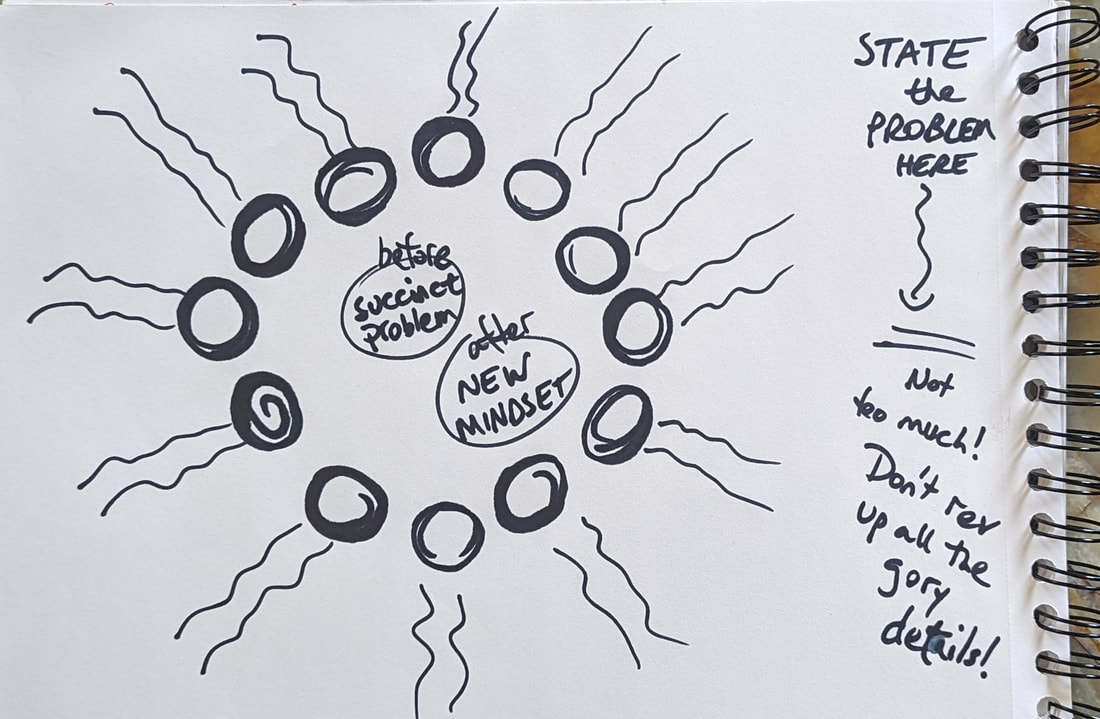
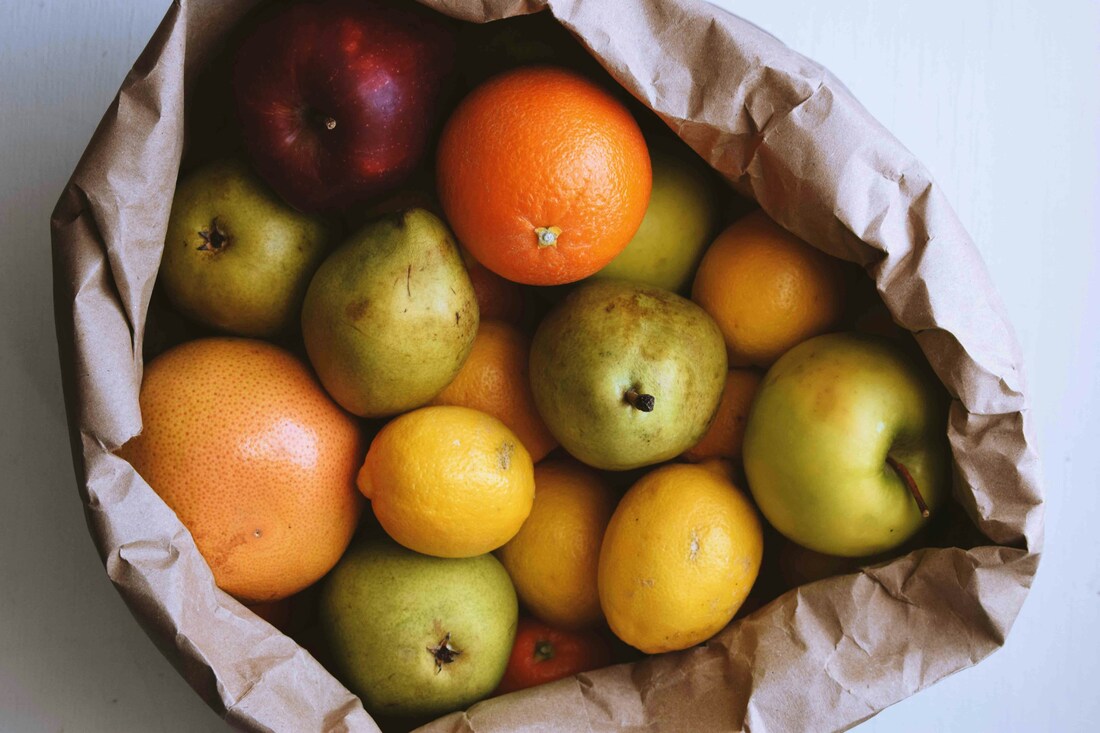
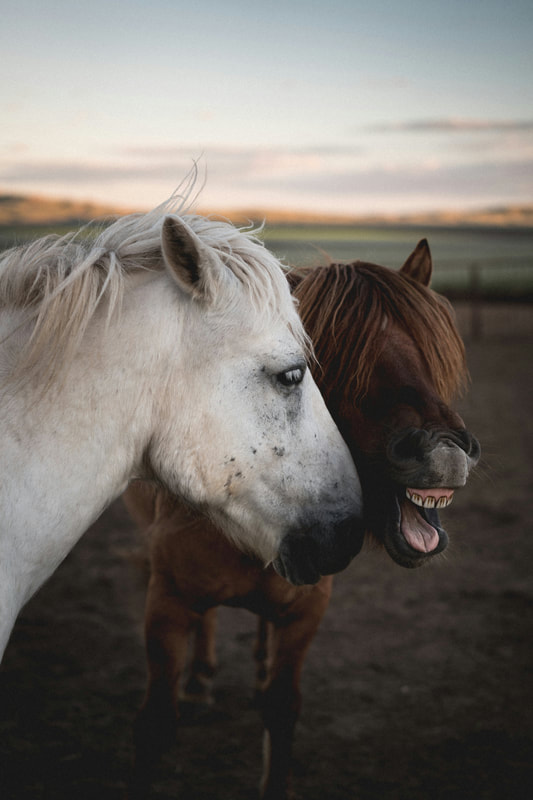
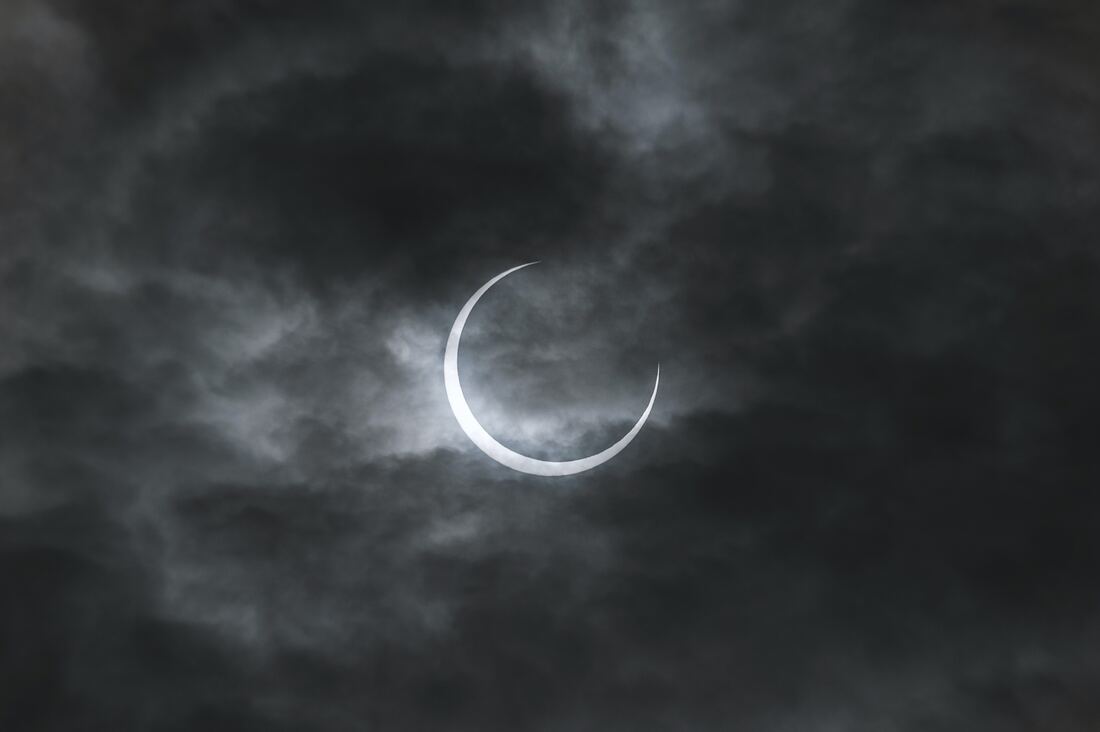
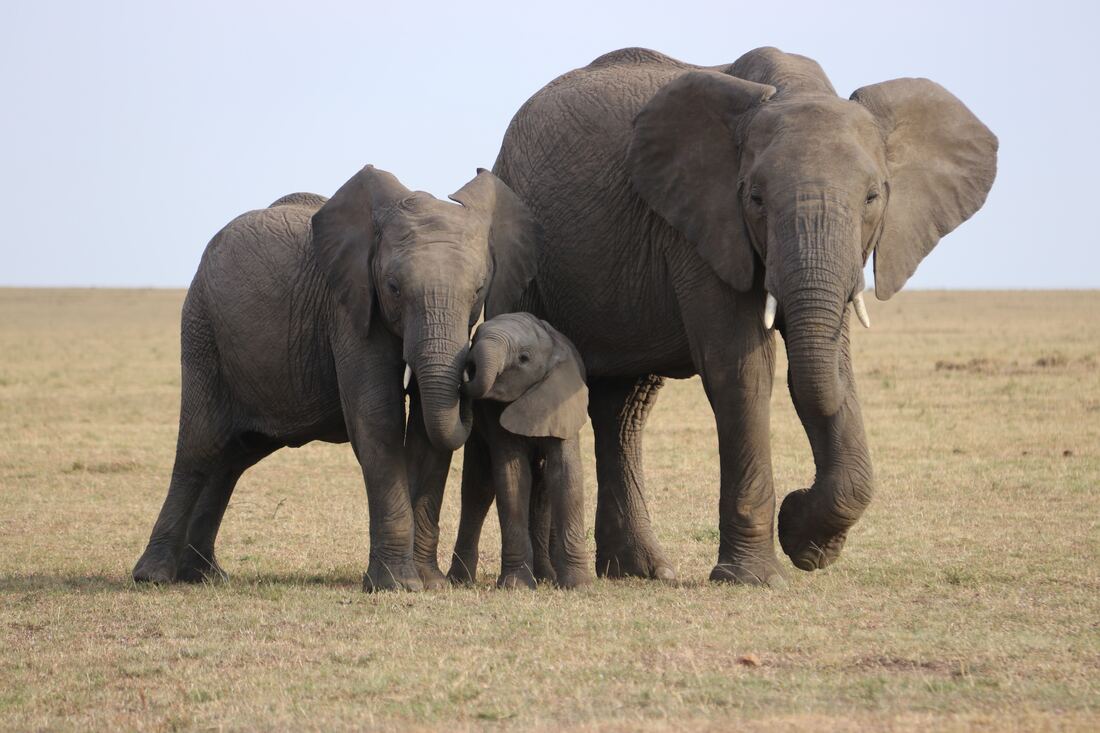
 RSS Feed
RSS Feed